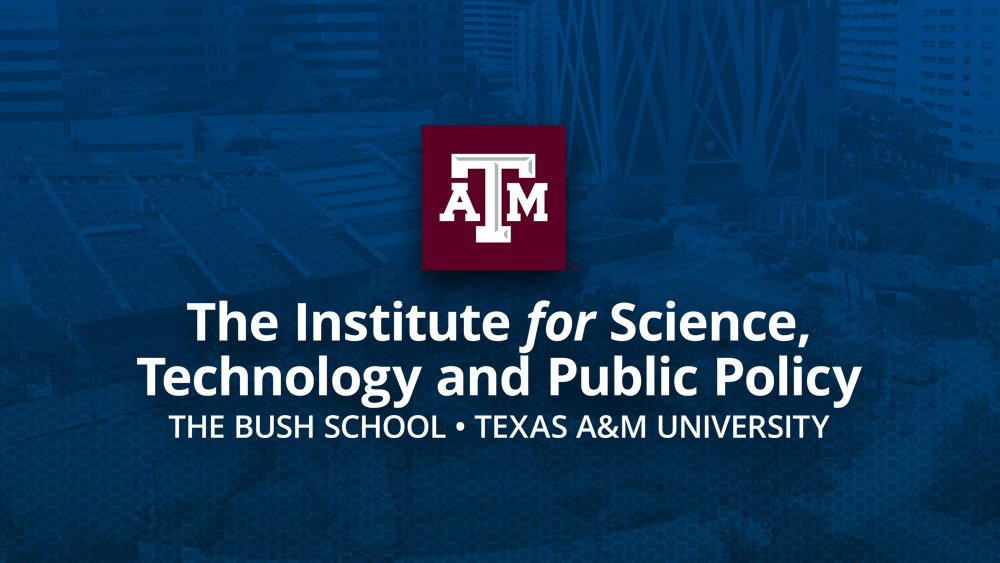
How do people form their opinion about new biotechnologies such as gene drive?
Dr. Xinsheng Liu and a multidisciplinary team of researchers employ national public survey data funded by the USDA to explore this issue in their study, titled “General Science-Technology Orientation, Specific Benefit–Risk Assessment Frame, and Public Acceptance of Gene Drive Biotechnology,” published in Risk Analysis. People tend to have low levels of knowledge and awareness of new biotechnologies. Yet when asked whether developing gene drive is a good or a bad idea, they have an opinion. Their opinion is significantly molded by two predisposition factors – general orientation towards science and technology, and specific benefit-risk assessment frame. Individuals who have positive views about science and technology are more likely to consider gene drive a good idea and worth pursuing, while negative science and technology orientations tend to correspond with gene drive being a bad idea. People are more likely to consider gene drive acceptable if they emphasize its potential benefits. When individuals give more consideration to the potential risks, their assessments tend to result in opposition to gene drive. Based on these findings, the research team expects that these two predisposition factors would also be predictive of public opinion about other emerging biotechnologies

